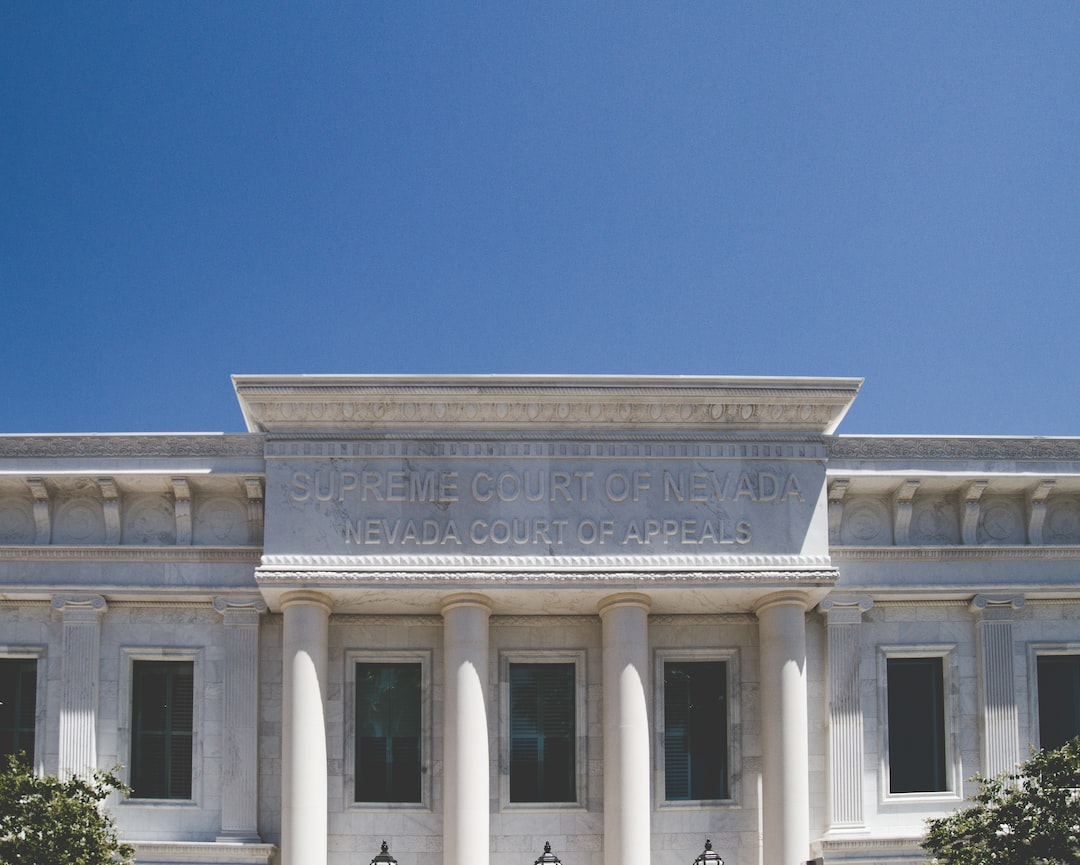The legal rights of tenants and landlords in rental agreements
Renting a property is a common practice for many individuals and families, offering flexibility and convenience. Whether you are a tenant looking for a place to call home or a landlord renting out a property, it is essential to understand the legal rights and responsibilities that come with rental agreements.
For tenants, knowing your rights can help you protect yourself from unfair treatment and ensure a safe living environment. On the other hand, landlords need to be aware of their rights to protect their investment and maintain control over their property. Let’s explore the legal rights of both tenants and landlords in rental agreements.
Tenants’ Rights:
1. Right to a habitable living space: One of the primary rights of tenants is the right to a habitable living space. Landlords are responsible for providing tenants with a property that meets certain health, safety, and building code standards.
2. Right to fair treatment: Tenants have the right to be treated fairly and without discrimination. Landlords cannot refuse to rent based on attributes such as race, religion, gender, disability, etc. Additionally, tenants have the right to privacy, and landlords must not invade their privacy without proper notice or justification.
3. Right to quiet enjoyment: Tenants have the right to enjoy their rented property without unnecessary disturbances. Landlords should not interfere with their quiet enjoyment, and should promptly address any issues raised by the tenant.
4. Right to proper notice: When it comes to rental agreements, tenants have the right to proper notice before any changes or terminations occur. This includes being informed of rent increases, repairs, or evictions within a reasonable timeframe.
Landlords’ Rights:
1. Right to collect rent: Perhaps the most fundamental right of landlords is the right to collect rent from their tenants. As long as the agreed-upon rent is paid, tenants must adhere to this obligation.
2. Right to enter the property: While tenants have the right to privacy, landlords also have the right to access the property for various reasons, such as maintenance, repairs, or inspections. However, they must provide reasonable notice to the tenant and obtain consent, unless in emergency situations.
3. Right to evict: Landlords have the right to terminate a tenancy and evict a tenant if they fail to meet their obligations under the rental agreement. However, proper legal procedures must be followed, and eviction should never be done in a discriminatory manner.
4. Right to maintain the property: Landlords have a responsibility to maintain the property they are renting out. This includes keeping the property in a safe and habitable condition, making necessary repairs, and fulfilling any other maintenance obligations outlined in the rental agreement.
Overall, both tenants and landlords have important legal rights that must be respected and upheld. Understanding these rights is crucial for creating a positive and mutually beneficial landlord-tenant relationship.
If any conflicts or disputes arise between tenants and landlords, it is advisable to seek legal advice or consult local tenancy boards to ensure a fair resolution. Open communication and a clear understanding of everyone’s rights can prevent many issues and promote a healthy rental experience for all parties involved.

